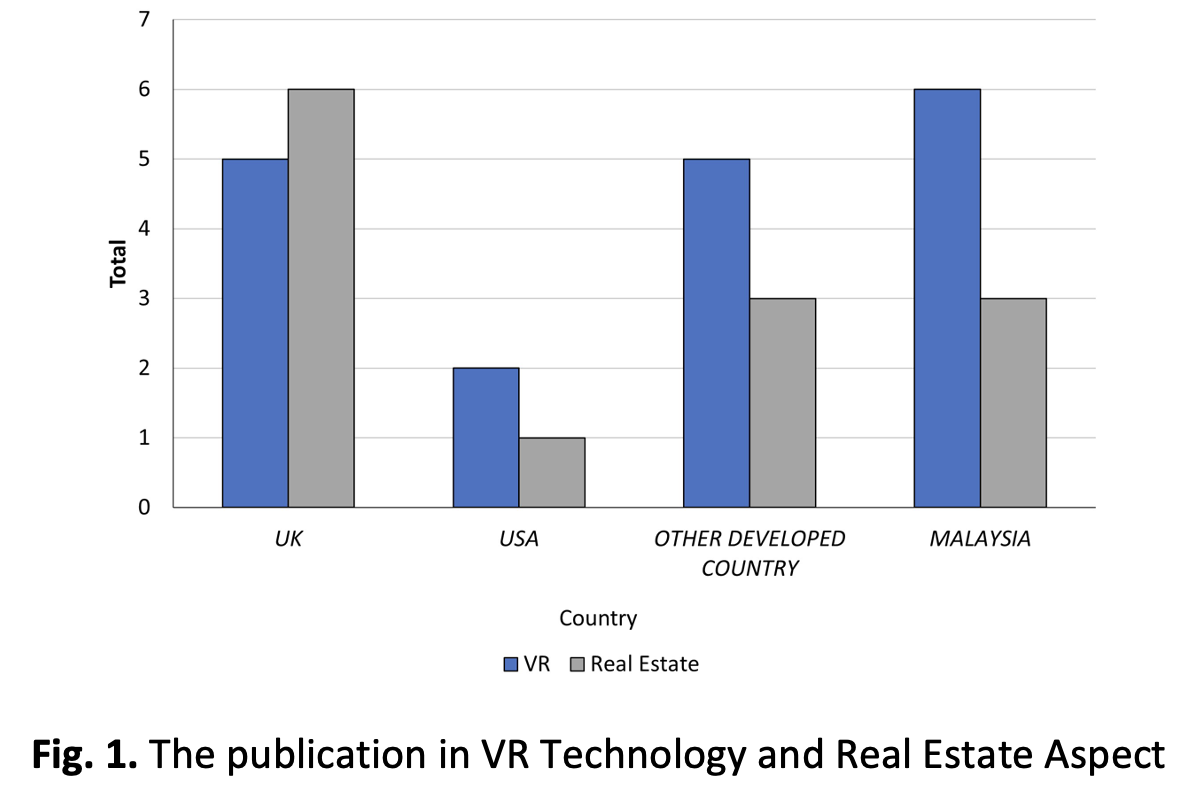The Adoption of Virtual Reality Technology in Real Estate Marketing: A Review
DOI:
https://doi.org/10.37934/araset.32.3.380399Keywords:
Virtual reality, VR, Real estate marketing, Virtual tour, Virtual marketing, DigitalisationAbstract
Real estate marketing has traditionally relied on physical visits to properties to showcase their features and appeal to potential buyers. Property viewing is an important step in the sales process in the real estate industry, and it frequently takes a lot of time and effort from both buyers and agents. Traditional methods of property viewing, such as physical visits or two-dimensional (2D) photos, may not always provide an accurate representation of the property, leading to dissatisfaction and lost sales opportunities. However, the emergence of virtual reality (VR) technology has created new opportunities to offer immersive and engaging experiences to prospective customers, even when buyers are unable to physically visit the properties. VR technology enables potential buyers to explore properties from different angles, customize virtual settings, and interact with different features in real-time, creating a more dynamic and memorable experience. This paper reviews the adoption of VR technology from the perspective of real estate marketing in enhancing the marketing of properties. Five prominent databases were utilised to conduct the literature study, focusing on the data published between 2018-2023 with relevant keywords. It can be concluded that the use of VR technology in real estate marketing could substantially provide competitive advantages by allowing potential buyers to explore properties at their convenience and making the buying process easier. However, the readiness towards optimising the VR technology is hindered due to a lack of awareness and the perception on its complexity. Therefore, significant investment should be considered by real estate practitioners to provide training for the extensive integration of VR technology within the industry.
Downloads





























